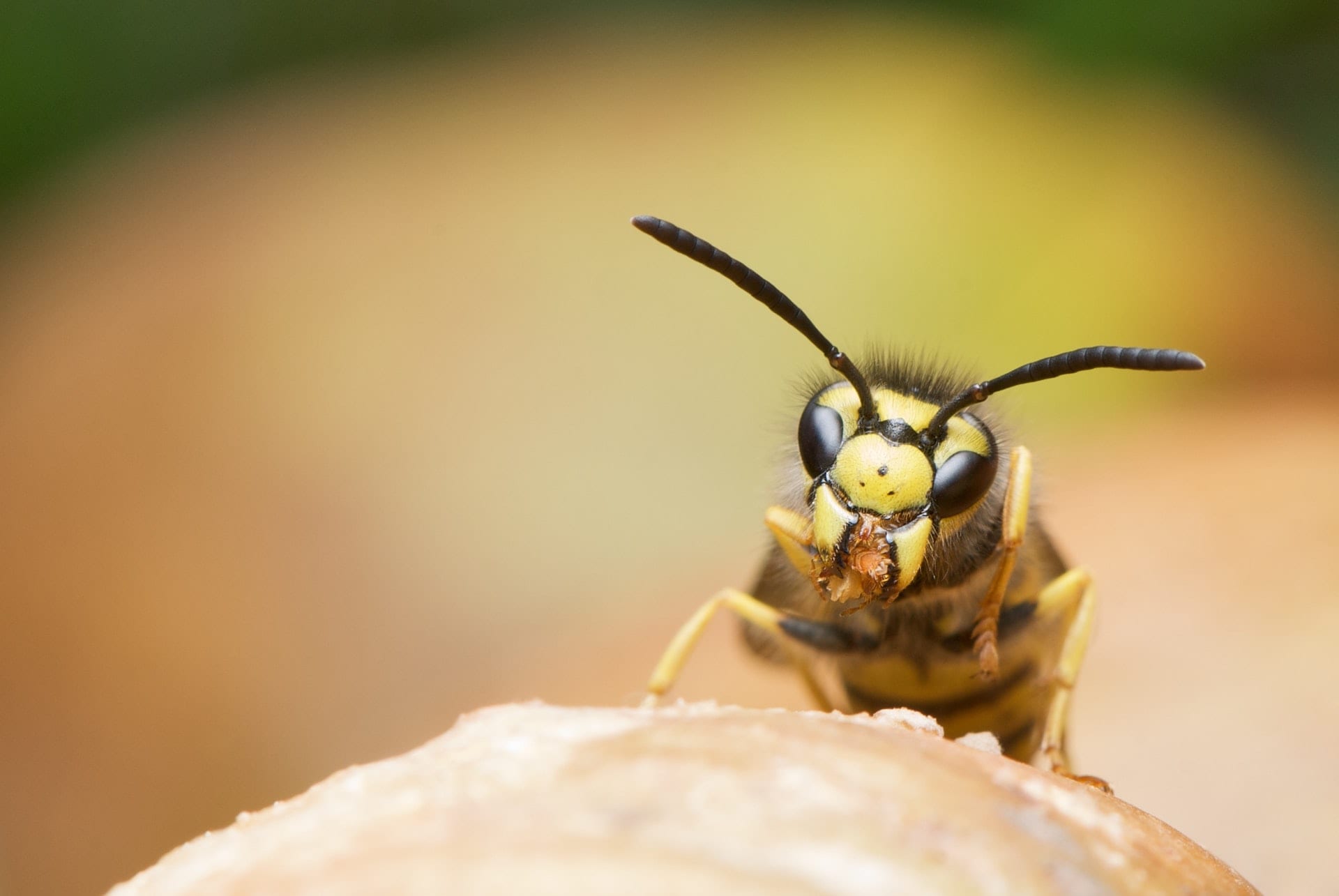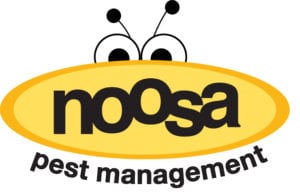What to do When Wasps Decide to Share Your Home

No one wants pests of any kind in their home, but wasps are particularly noxious. They may not have the destructive abilities of termites. Or pose the long-term health hazard of cockroaches. But they are one of the very few pests that are actively aggressive. They will sting you without provocation. And they will guard ‘their’ territory ceaselessly, regardless of whether it was your territory first. Wasp stings are incredibly painful, which makes them enough of concern for anyone. But if you or a family member suffers from a wasp allergy, then their threat becomes significantly greater.
So, what do you do if you think you have a wasp nest? How can you be sure you have one? And how can you get rid of it safely before anyone gets hurt?
Everything You Need to Know About Wasp Nests and How to Remove Them
How do you know if you have a wasp’s nest in your home?
The most obvious indication that wasps are sharing your home is to find a nest. But as nests are usually based in quieter areas of the house, where they’re least likely to be disturbed – the loft space and the side of the roof are most common, but you can also find them in guest bedrooms, garages, summer houses or anywhere else quiet – you may first notice an influx of wasps. If you’re seeing wasps in your home on a daily basis, you probably have a problem.
What do wasp nests look like?
Wasp nests are made from chewed up wood pulp and saliva, so they have a sort of soft, papery look. They start off pretty small – around the size of a walnut – but will grow rapidly. Established wasp nests can be as big as a basketball.
Why do wasps come into the rest of the house?
If you have a nest in the loft, the likelihood is that you’ll find wasps in the rest of your home. This is partly because the insects search for new routes to the nest. However, they will also come in looking for food. By not leaving any food out on the counters, carefully and quickly disposing of leftovers and never leaving sweet food or drinks unattended you will give wasps less reason to come into your home.
Why are wasps considered dangerous?
The obvious answer here is that wasps sting. And that sting really hurts. But it’s much more than that. There’s no overstating the fact that wasps are aggressive. They can sting multiple times without damage to themselves. And they release pheromones to alert the rest of the hive to threat. This means that one angry wasp can pretty soon become many, many angry wasps. Even without an allergy, people have been known to die from multiple wasp stings.
What should I do if I find a wasp’s nest?
If you suffer from a wasp allergy never attempt to remove – or even approach – a nest yourself.
Removing a wasp’s nest can be pretty complex, not to mention dangerous. There are DIY approaches available – some say that a way to contain the threat is to very slowly place a large black bag over the nest. But then what? Removing a nest yourself really isn’t advisable. The best cause of action is to call in professional pest control help. At Noosa Pest Management, we have all the necessary equipment and protective gear to remove wasp nests quickly and safely.
If you’re in Charlotte and you’ve seen a wasp nest on your property, complete our contact form or speak with a Charlotte wasp exterminator today: 704-499-9922

Fred Wingate
Chief Bugman
Fred Wingate is the dedicated Owner and Chief Bugman at Noosa Pest Management, a thriving pest control company in Charlotte, NC. He established the company in 2006 with a vision to provide exceptional pest management services to the local community. By staying up-to-date with the latest advancements in pest management and fostering a culture of continuous improvement, he ensures that Noosa Pest remains at the forefront of the industry.
Not only is Fred deeply invested in the well-being and satisfaction of his clientele, he is also passionate about supporting the local community, including schools, churches, and other organizations. The future of our community is important to Noosa Pest, and proudly contributes to its growth and prosperity.
Posted in Blog
